Pare Plant Gardening Efficacious As Herbal Medicine.
Pare or Paria is a vegetable or pumpkin type plant that has a very bitter taste, the fruit of this plant is green or white in color and is long oval in shape, the fruit has nodules on the surface of the skin. The plant which has the Latin name Momordica Charantia L comes from West India and Burma, Myanmar.
In English, bitter melon has the name balsam pear, bitter melon, or bitter gourd because of its bitter taste. Cultivation of this plant is widely developed in several countries of the Asian and European continents, besides being consumed as a vegetable, it turns out that this plant has extraordinary properties for the health of the human body. Here are the benefits of Pare plants.
Pare plants are able to help prevent diabetes and lower blood sugar levels, this bitter taste is very good for fighting sugar. Rich in protein whose name is mono karin, this fruit is also rich in fiber, in 100 grams it contains approximately three grams of fiber, two things that are very good for improving the activity of glucose in the muscles. So the uptake of blood sugar to the muscles becomes better, so that high blood flow of sugar becomes lower because of its intake into the muscles.
Consuming the right bitter melon to lower blood sugar can be processed into juice drinks or can be used as cooked vegetables by sautéing, boiling or other ways.
As a herbal plant, many people believe that bitter melon is able to increase immunity, this fruit is rich in antioxidants, so in the fruit there are lots of phenolic antioxidants, then steroids include phenol and then include polyphenols, then also include stanols.
These content they are very good for the health of the human body, in some studies it is said to increase lymphocytes so the number of lymphocyte cells then php which is very helpful for the body's immune defense system, also increases and that is why bitter melon is said to help increase endurance.
Bitter gourd turns out to be very good for treating asthma and other respiratory disorders, this plant has antihistamine, anti-inflammatory, and antiviral properties that make bitter melon an ideal food additive in maintaining a healthy respiratory tract. Traditional Chinese people have used bitter melon as a traditional medicine to cure dry cough, bronchitis, and asthma for hundreds of years.
Pare plants or fruit can prevent or protect themselves from the risk of cancer, that this fruit has a lot of antioxidants, antioxidants that have the effect of reducing free radicals that damage many tissues. Good for especially for prostate cancer, so he has just conducted research on two types of cancer cells and the results are quite significant, a hope for cancer sufferers but not yet cancer can be treated with this fruit.
The bitter melon plant is also capable of treating HIV disease, so now that there is a new study being carried out in India, they are using the extract from bitter melon juice administered to the cells of the liver against HIV. It turns out that a lot of the HIV virus has died and the value is very significant, also it can help increase the body's resistance from
people with HIV.
Indeed, this research uses cell culture, if we want to do this prevention is a very good prospect, actually, we are waiting for further research in humans if we want to do it with bitter melon juice to treat the HIV virus.
Consuming bitter melon can prevent premature aging, rich in antioxidants, these antioxidants are very good for preventing premature aging. This plant is also able to maintain eye health, the flavonoid content contained in this fruit can improve eye health, it is able to prevent cataracts and glaucoma in the eyes.
Consuming the right bitter melon for herbal medicine can be processed into juice drinks or can be used as cooked vegetables by sautéing, boiling or other ways. However, choosing this plant as an herbal medicine you must first consult with a doctor, this is because if you consume it in excess, it will cause side effects for your health.
Originally posted here: https://hive.blog/hive-120078/@maboklagi/pare-plant-gardening-efficacious-as-herbal-medicine
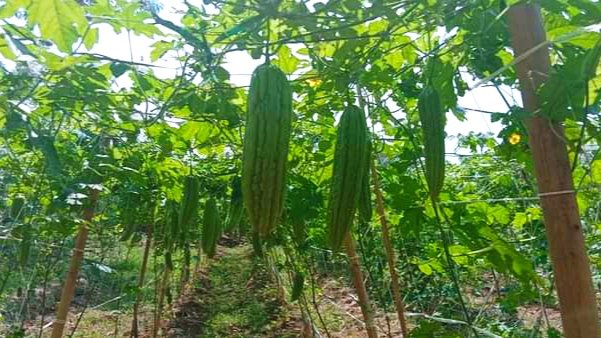

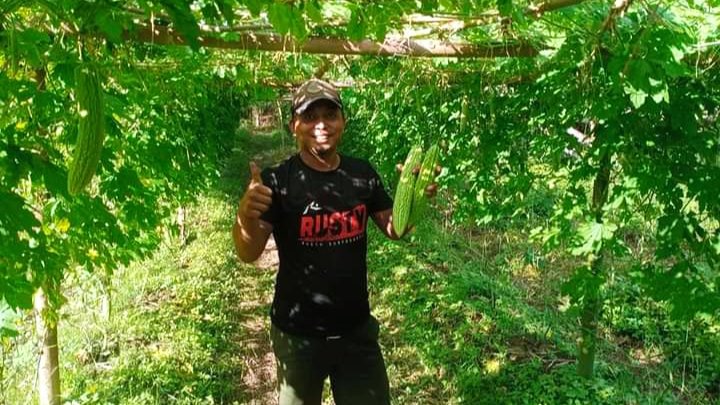
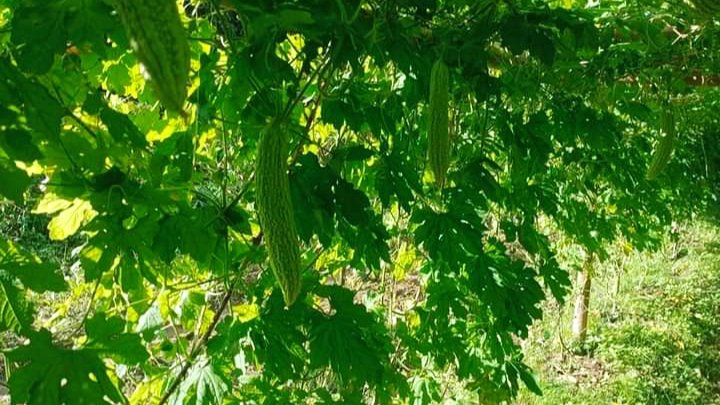
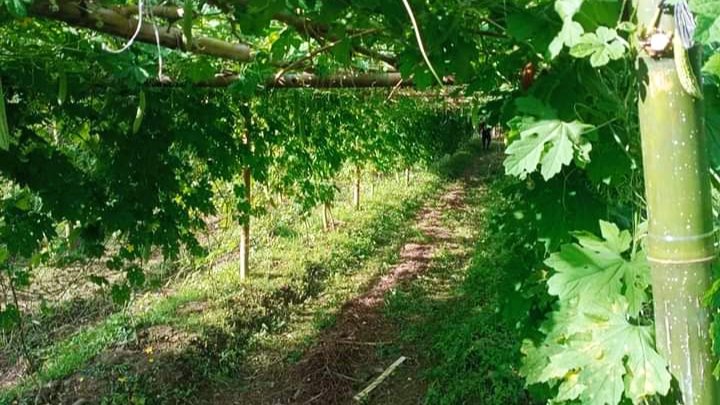
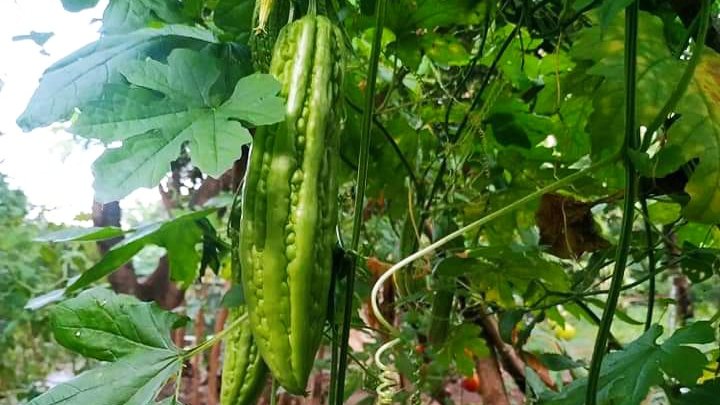
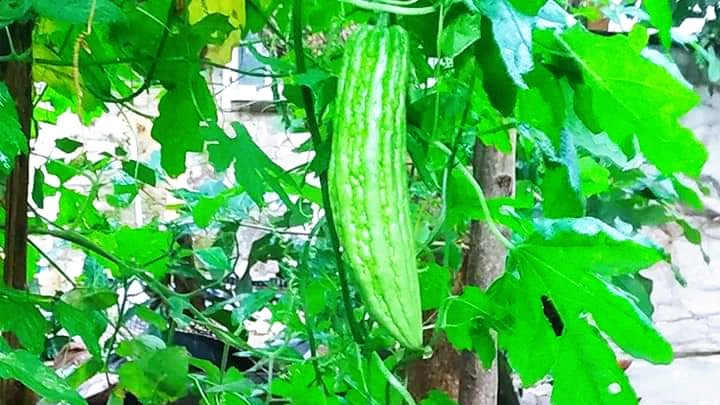
No comments:
Post a Comment